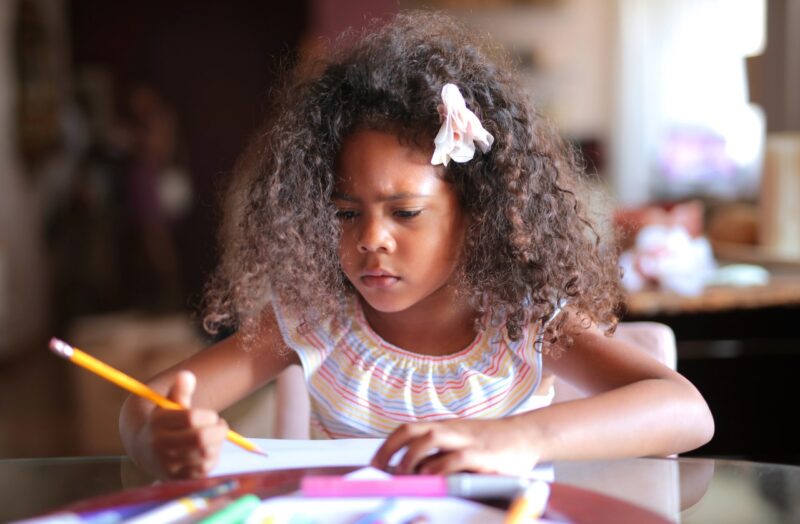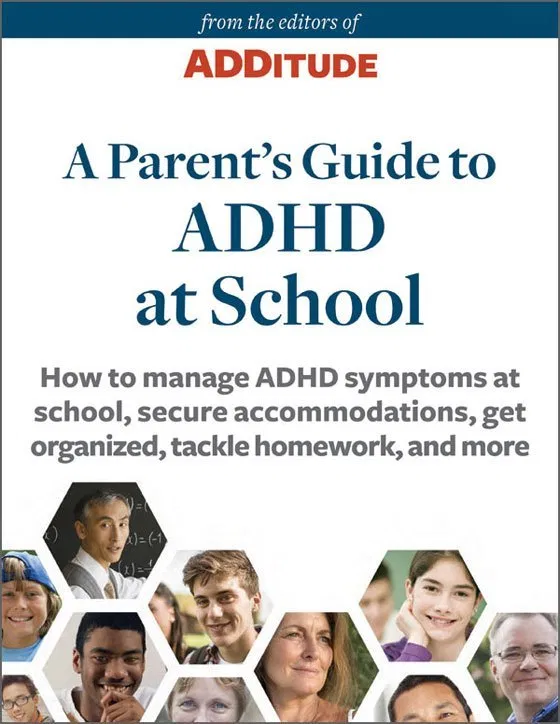
Study: Half of Adults With ADHD Have Had a Substance Abuse Disorder
Half of adults aged 20-39 with attention deficit hyperactivity disorder (ADHD) have had a substance use disorder (SUD) in their lifetime according to new research. This is markedly higher than the 23.6% of young adults without ADHD who have had Read more >>











